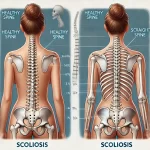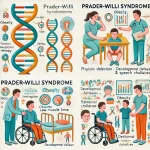Mending young hearts, building futures
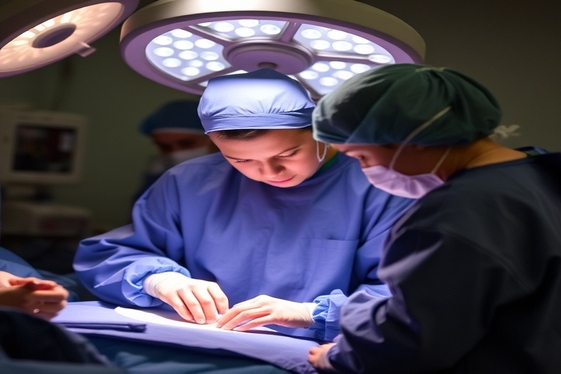
What is Paediatric Heart Surgery?
Paediatric heart surgery is a specialized field of medicine that focuses on treating heart conditions in children. It involves surgical interventions to repair or correct structural abnormalities within the heart that children are born with (congenital heart defects) or that develop during childhood. These surgeries aim to improve the flow of blood through the heart, ensuring proper oxygenation and nourishment for the body.
Paediatric Heart Surgery Services
Paediatric heart surgery services encompass a comprehensive range of care, including thorough evaluations, expert surgical intervention by highly skilled paediatric cardiac surgeons, utilization of minimally invasive techniques, comprehensive post-operative care, and a strong emphasis on family-centered support. This multi-faceted approach aims to provide the highest quality care for children with heart conditions, ensuring optimal outcomes and facilitating their journey towards a healthy future.
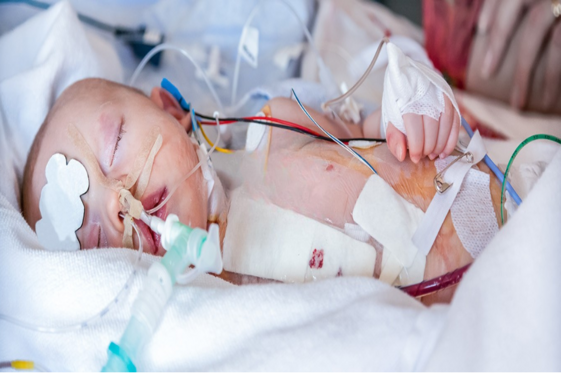
Conditions We Treat
We specialize in the diagnosis and treatment of a wide range of paediatric cardiac conditions, including.
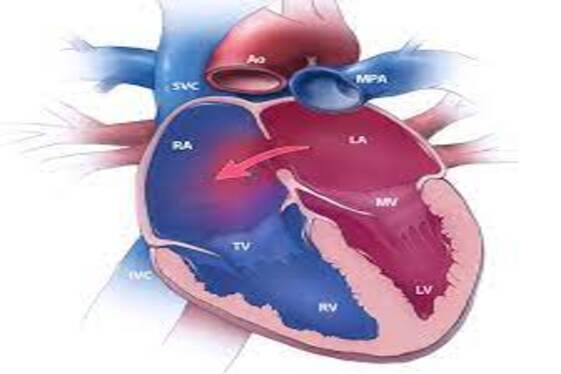
Congenital Heart Defects
Congenital heart defects (CHDs) are abnormalities in the heart’s structure or function that are present at birth. These defects occur when the heart or the blood vessels near the heart don’t develop normally during fetal development. CHDs can vary widely in severity, from minor conditions that may not require treatment to complex defects that necessitate immediate medical attention.
Valve Disorders
Valve disorders occur when the heart valves, which control the one-way flow of blood through the heart, malfunction. These disorders can manifest as either stenosis, where the valve opening becomes narrowed, restricting blood flow, or regurgitation, where the valve fails to close completely, allowing blood to leak backwards. Valve disorders can affect any of the four heart valves: the aortic, mitral, tricuspid, and pulmonary valves.
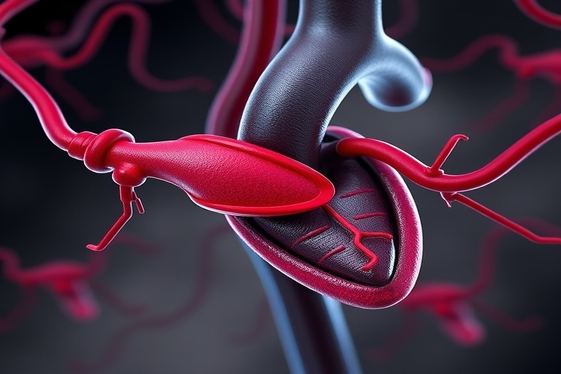

Acquired Heart Conditions
Acquired heart conditions are heart problems that develop after birth, unlike congenital heart defects which are present at birth. These conditions can arise from various factors, including infections, autoimmune diseases, lifestyle factors (such as smoking and obesity), and certain medications. Common examples of acquired heart conditions include coronary artery disease, cardiomyopathy (diseases of the heart muscle), heart valve disease, and arrhythmias (irregular heartbeats).
Arrhythmias
Arrhythmias, also known as cardiac arrhythmias, are irregularities in the heartbeat. These can include the heart beating too fast (tachycardia), too slow (bradycardia), or with an irregular rhythm. Arrhythmias occur when the electrical signals that coordinate the heartbeat do not function correctly, disrupting the normal sequence of contractions.
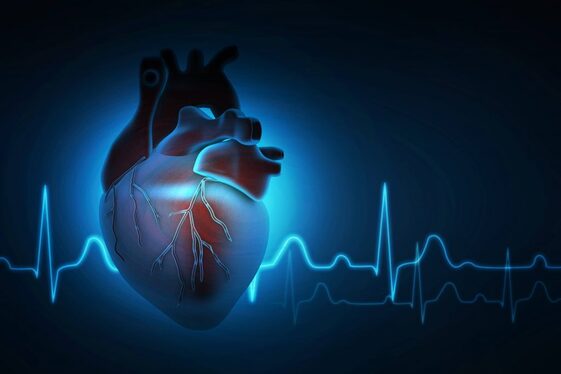
Surgical Procedures
Our paediatric cardiac surgeons are experienced in performing a variety of complex procedures, such as.
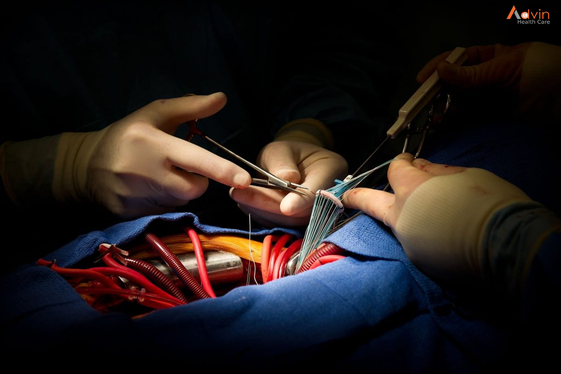
Open-Heart Surgery
Open-heart surgery is a major surgical procedure that involves opening the chest to access and repair the heart. This type of surgery is used to treat a variety of heart conditions, including coronary artery disease, heart valve problems, and congenital heart defects. During open-heart surgery, the heart may be stopped temporarily while a heart-lung machine takes over the functions of the heart and lungs. This allows the surgeon to perform the necessary repairs or procedures on the still heart.
Minimally Invasive Surgery
Minimally invasive surgery (MIS) refers to surgical techniques that involve smaller incisions compared to traditional open surgery. These procedures often utilize specialized instruments and tiny cameras (endoscopes) to perform surgical tasks with minimal disruption to the body. This approach typically results in less pain, faster recovery times, reduced scarring, and a shorter hospital stay compared to open surgery.
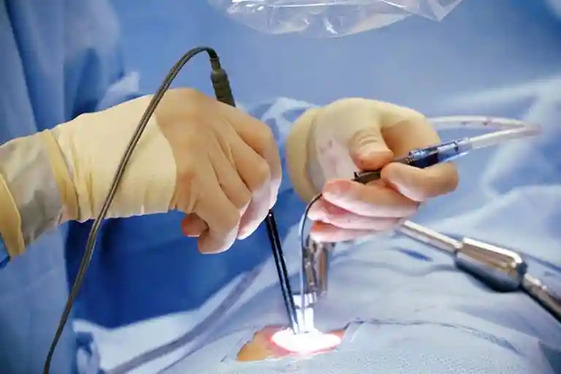
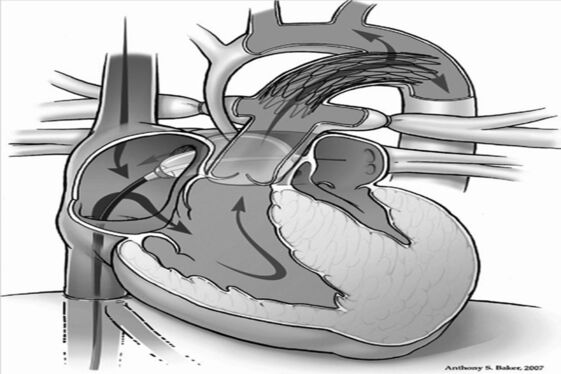
Hybrid Procedures
Hybrid procedures combine elements of both open-heart surgery and minimally invasive techniques. These innovative approaches utilize small incisions for accessing the heart while still allowing for complex surgical repairs. This hybrid approach may involve the use of robotic assistance, allowing for greater precision and flexibility. By combining the benefits of both open and minimally invasive techniques, hybrid procedures aim to minimize surgical trauma, reduce recovery time, and improve patient outcomes.
Heart Transplantation
Heart transplantation is a surgical procedure where a failing heart is replaced with a healthy donor heart. 1 This is typically considered when other treatment options, such as medications and medical devices, have failed to effectively manage a patient’s severe heart failure. 1 Heart transplantation involves a complex surgical procedure and requires lifelong immunosuppressive medications to prevent rejection of the transplanted organ. 2 While it carries significant risks, heart transplantation can offer a life-saving option for patients with end-stage heart failure.
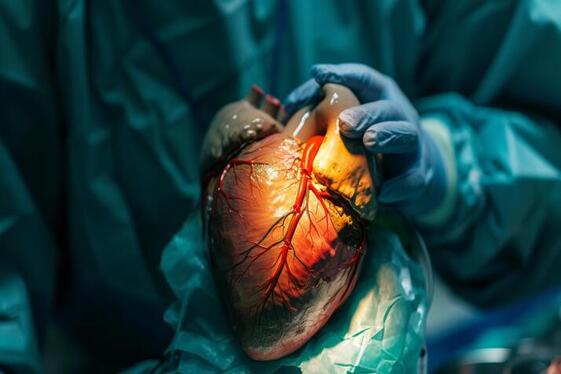
How Can We Help?
We understand the importance of providing the highest quality care for children with heart conditions. Our team of experienced pediatric cardiac surgeons and specialists is dedicated to providing compassionate and comprehensive care for your child, from diagnosis and treatment planning to surgery and post-operative recovery. We utilize the latest surgical techniques and technologies to minimize risks and ensure the best possible outcomes for our young patients.


